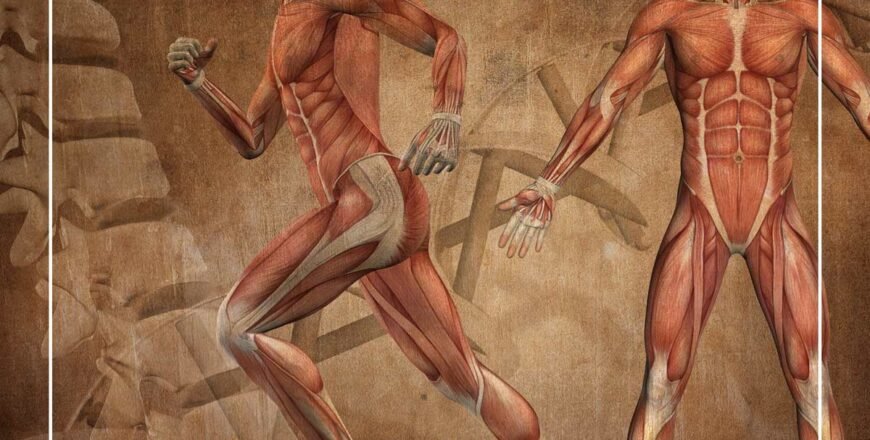Brief Introduction:
Explore the essential role of the urinary system in maintaining homeostasis through fluid balance and waste excretion. This course provides an in-depth understanding of kidney function, urine formation, and homeostatic regulation.
Course Overview:
This course covers the anatomy and physiology of the urinary system, mechanisms of filtration and excretion, and the role of the kidneys in electrolyte balance and blood pressure regulation.
Learning Objectives:
Identify the key structures of the urinary system.
Explain the processes of filtration, reabsorption, and excretion.
Understand the role of the kidneys in maintaining homeostasis.
Recognize common urinary system disorders and treatments.
Target Audience:
Ideal for medical students, nephrologists, and healthcare professionals specializing in renal care.
Course Content Information (Outlines):
Introduction to the Urinary System
Anatomy of the Kidneys, Ureters, Bladder, and Urethra
Mechanisms of Urine Formation
Filtration, Reabsorption, and Secretion Processes
Electrolyte and Acid-Base Balance
Regulation of Blood Pressure by the Kidneys
Common Urinary System Disorders
Diagnostic Tools in Nephrology
Clinical Case Studies in Renal Health
Treatment Approaches and Therapeutics
Unique Features:
Interactive renal function simulations.
Case-based learning on kidney disorders.
Self-assessment quizzes.
Duration and Schedule:
4-hour self-paced online course.
Language and Format:
English; includes video lectures, interactive models, and assessments.
Accreditation:
Completion grants 2 CME credits.
